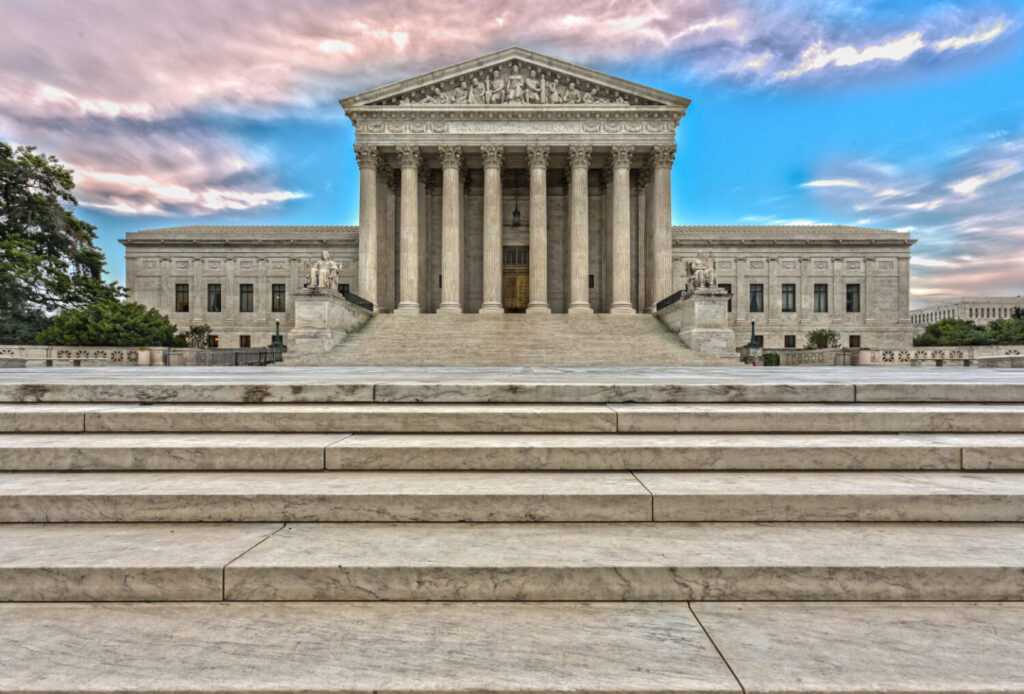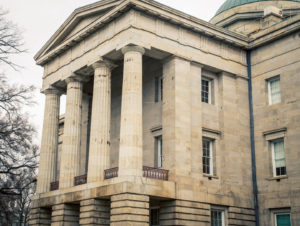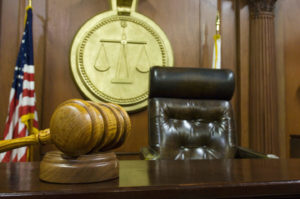Charter school case may see further review from Supreme Court
The Supreme Court will consider Friday whether or not to review an appellate decision labeling a charter school a “state actor” – a designation which could restrict the independence of charter…

The Supreme Court will consider Friday whether or not to review an appellate decision labeling a charter school a “state actor” – a designation which could restrict the independence of charter schools.
The lawsuit was originally filed in 2016 by the American Civil Liberties Union, representing three female students at Charter Day School in Leland, North Carolina, who objected to the school’s uniform policy requiring female students to wear skirts.
The case, Charter Day School v. Peltier, last appeared before the Fourth Circuit Court of Appeals which in June 2022 ruled (10-6) that the charter school was a state actor, and thus violated the Fourteenth Amendment in its enforcement of the dress code policy.
“By implementing the skirts requirement based on blatant gender stereotypes about the ‘proper place’ for girls and women in society, CDS has acted in clear violation of the Equal Protection clause,” wrote Senior Circuit Judge Barbar Milano Keenan in the Fourth Circuit’s majority opinion.
Other judges in the Fourth Circuit disagreed with the majority opinion, claiming it ignored precedent found in other cases. Judge Marvin Quattlebaum noted “the Supreme Court has told us that for private conduct to constitute state action, the state must compel or at least significantly encourage the conduct.” Quattlebaum stated the majority, while finding the state of North Carolina “did not coerce or compel the dress code generally or the skirts requirement specifically,” mishandled that fact in its analysis.
“Supreme Court precedent is not like the green vegetables on a buffet line that we can simply pass by for more dessert,” Quattlebaum wrote.
Judge Harvie Wilkinson said in his dissent he would have gone as far as to instruct dismissal of the case. He wrote the majority had “little clue about the problems that led to the formation of the charter school experiment or the function that it serves.”
“Its opinion is all about conformity,” Wilkinson continued. “It is essentially dismissive of what charter schools might have to contribute, prejudging them as miscreants that must be brought to heel.”
Since the controversial Fourth Circuit decision, several entities – including 10 states and several nonprofit organizations – have asked the Supreme Court to accept the case for further review.
In one amicus brief from the John Locke Foundation, Dan Gibson noted the significance of the matter as it pertains to charter schools’ independence from states.
“If charter schools are state actors, then charter schools will become little more than another branch of traditional public schools,” Gibson wrote. “That result would end the independence amicus have advocated and is enshrined in North Carolina law.”
“Independence allows expanded choices for parents and students, creates new opportunities for teachers, increases learning opportunities for students, and fosters different and innovative teaching methods,” Gibson later wrote. “Treating charter schools as state actors endangers that independence and frustrates these purposes.”
A decision from the Supreme Court on whether or not to accept the case for review could be announced next week.



